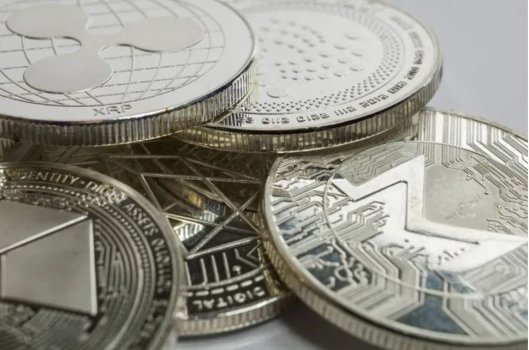The riddle of blockchain’s full potential is still being answered, but it continues to mature fast with regulators looming in the wings.
That was one aspect of a conversation among stakeholders in the sector at the DC Fintech Week conference, held online and in person last week. Chris Brummer, founder of DC Fintech Week, took on moderator duties again for the “What’s Next for Blockchains (And What Shouldn’t Be)?” session with on-stage panelists Charles Hoskinson, CEO of Input Output Global and co-founder of Ethereum; and Kevin Sekniqi, chief operating officer of Ava Labs; with Stani Kulechov, CEO of Aave, streaming in from Bogota, Colombia.
Blockchain is known largely for its role as the distributed ledger that enables cryptocurrency, but the technology has other potential uses. For example, Kulechov said there are also ways blockchain can open up inclusive opportunities for innovation in finance across a variety of industries and regions. “When the space is very open, it means that anyone can come from any part of the world and actually innovate and create better financial applications and also non-financial applications,” he said.
The further development of blockchain may take the proverbial village to see it through. There are communities emerging in this landscape, Kulechov said, that need to come together to establish rules for self-governance. That would ensure that incentives for using blockchain are aligned between the different communities, and not just for decentralized finance or Web3 space.
Building up blockchain to hold more of a mainstream presence continues to be a work in progress. “There is obviously still a lot of work being done to fundamentally scale these systems,” Sekniqi said. That ongoing work will continue for the next couple of years, he said. Sekniqi believes blockchain has moved out of the early technology phase of its development, which can also bring deeper scrutiny from regulators. “When you become mainstream, it becomes very difficult to be on the fringes,” he said.
Continue reading: https://www.informationweek.com/fintech/where-is-blockchain-headed-
That was one aspect of a conversation among stakeholders in the sector at the DC Fintech Week conference, held online and in person last week. Chris Brummer, founder of DC Fintech Week, took on moderator duties again for the “What’s Next for Blockchains (And What Shouldn’t Be)?” session with on-stage panelists Charles Hoskinson, CEO of Input Output Global and co-founder of Ethereum; and Kevin Sekniqi, chief operating officer of Ava Labs; with Stani Kulechov, CEO of Aave, streaming in from Bogota, Colombia.
Blockchain is known largely for its role as the distributed ledger that enables cryptocurrency, but the technology has other potential uses. For example, Kulechov said there are also ways blockchain can open up inclusive opportunities for innovation in finance across a variety of industries and regions. “When the space is very open, it means that anyone can come from any part of the world and actually innovate and create better financial applications and also non-financial applications,” he said.
The further development of blockchain may take the proverbial village to see it through. There are communities emerging in this landscape, Kulechov said, that need to come together to establish rules for self-governance. That would ensure that incentives for using blockchain are aligned between the different communities, and not just for decentralized finance or Web3 space.
Building up blockchain to hold more of a mainstream presence continues to be a work in progress. “There is obviously still a lot of work being done to fundamentally scale these systems,” Sekniqi said. That ongoing work will continue for the next couple of years, he said. Sekniqi believes blockchain has moved out of the early technology phase of its development, which can also bring deeper scrutiny from regulators. “When you become mainstream, it becomes very difficult to be on the fringes,” he said.
Continue reading: https://www.informationweek.com/fintech/where-is-blockchain-headed-

